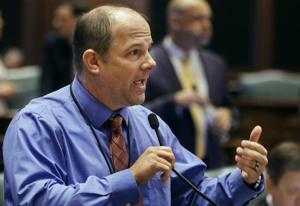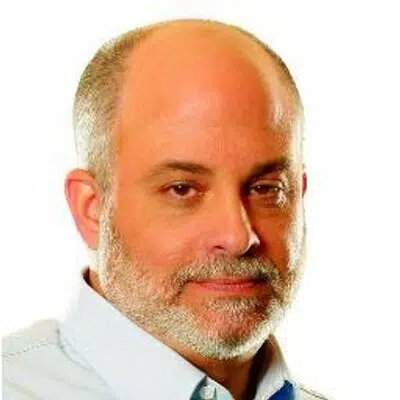(The Center Square) – From the $1.9 trillion spending plan the Senate passed, federal taxpayers are poised to send the state of Illinois $7.5 billion for the state budget.
That’s not enough to cover the state’s bill backlog.
Illinois Comptroller Susana Mendoza said on social media she and Gov. J.B. Pritzker agreed that federal dollars the state is expected to get should be prioritized to pay back recently borrowed federal funds.
The state has borrowed about $3 billion from federal programs during the pandemic and is slated to pay back the borrowing over several years.
State Rep. Mark Batinick, R-Plainfield, said that’s the prudent thing to do. But that doesn’t leave enough to cover backlogged bills that as of Monday was in excess of $5.8 billion for vendor services already rendered.
“We still need to realize that the house is on fire and that the fire needs to be put out and a temporary bump in money misused is the right thing to do,” Batinick said.
Lawmakers and the governor need to get to the root of the state’s structural imbalance, including making the state more efficient in providing services, Batinick said.
“We are inefficient in providing services that we do,” Batinick said. “You can spend more on something and get a worse outcome from it.”
Senate leadership had different takes on how the federal funds will impact the state.
“We are doing much better than we thought we were going to be doing at the start of the pandemic when we thought the economy was going to be our version of the Dust Bowl and everything was going to collapse into the abyss,” said Illinois Senate President Don Harmon, D-Oak Park.
Last year as the COVID-19 pandemic hit, Harmon wrote a letter to Congress asking for $41 billion.
“With the recent federal action on the $1.9 trillion disaster relief bill, the federal government is finally going to give the states some tools to tackle the revenue shortfalls and hopefully try to fix some of the immediate problems that put us on a path to solving our structural problems,” Harmon told the Paul Simon Public Policy Institute Monday.
In a separate interview, Illinois Senate Minority Leader Dan McConchie, R-Hawthorn Woods, said the question now will be “whether or not the Democrats use that to avoid making the hard choices that still have to be done because the fair money from DC won’t last forever.”
The state is also in line to get $5.5 billion for local governments, including $1.8 billion directly to the city of Chicago.
A measure Congress passed last year also sent money to local governments, but it got mired in state bureaucracy for months.
U.S. Sen. Dick Durbin, D-Springfield, Sunday said the package that passed this weekend is much more flexible.
“We are certainly not going to shovel money out the window,” Durbin said. “We’re going to ask for accountability. I think you’re gonna see money moving more quickly, even down to the smaller municipalities of our state.”
Illinois Municipal League Executive Director Brad Cole said he has yet to see the exact language of how local governments will get the federal tax dollars.
“But we’re hoping that the state does not look to divert any of the funding that should be going to local governments like they did last time,” Cole said.
Cole also said state legislators shouldn’t use the federal tax dollars as justification for cut state dollars from the Local Government Distributive Fund as the governor has proposed.
###







